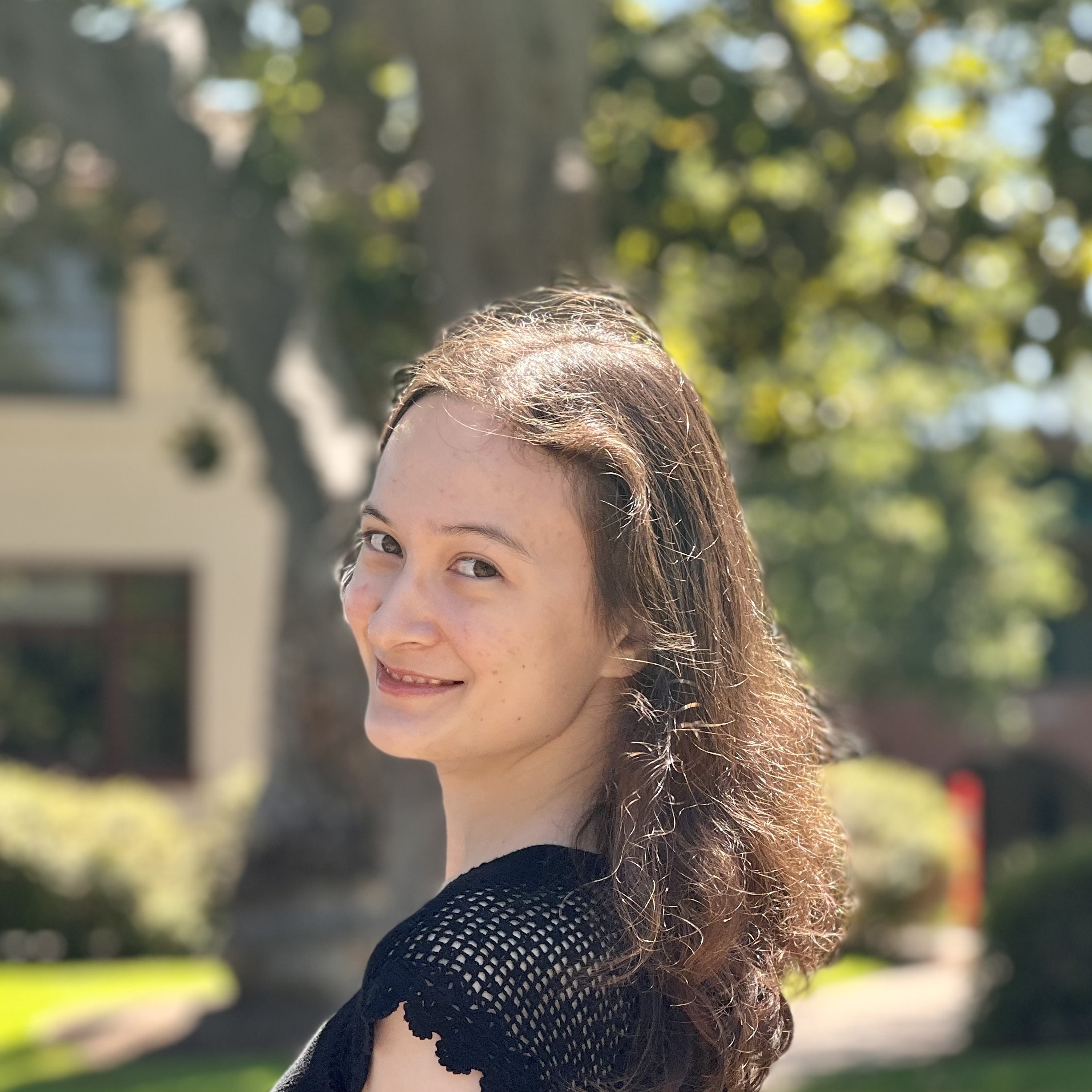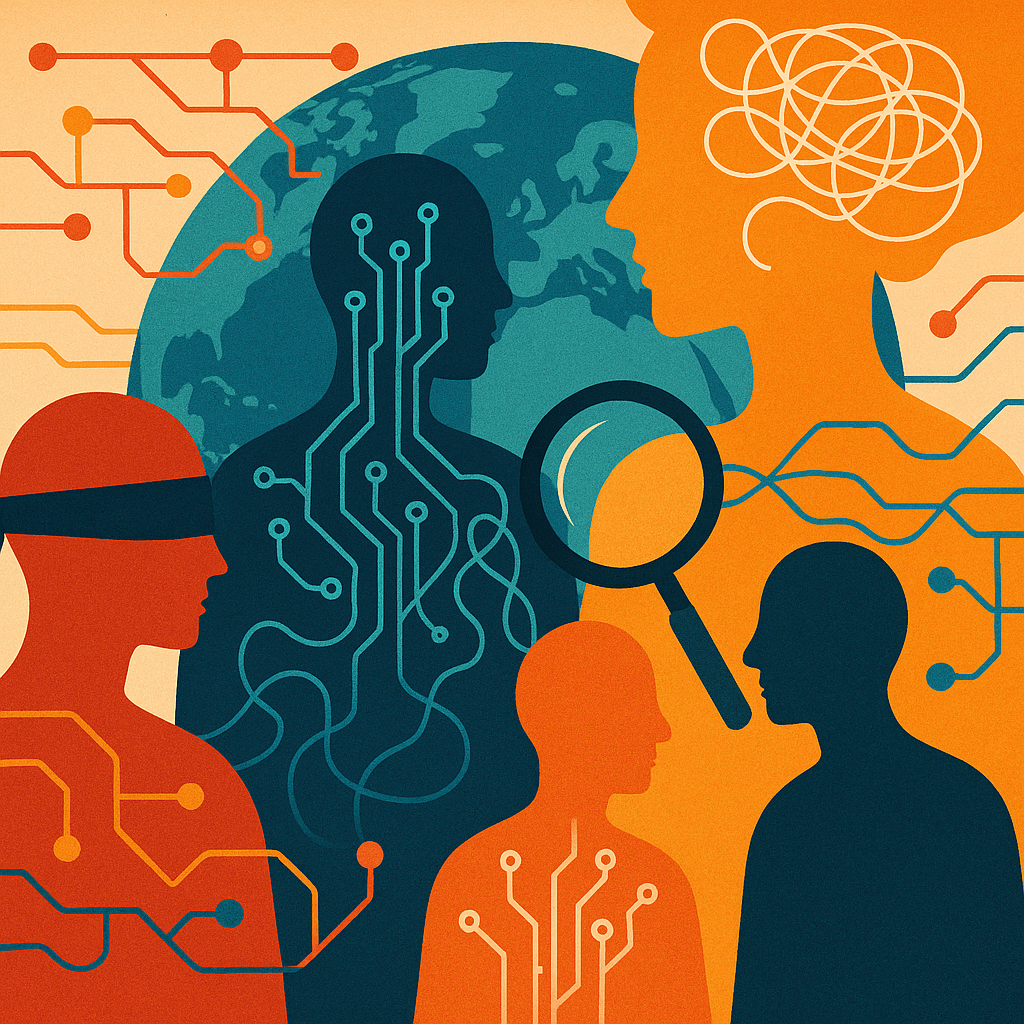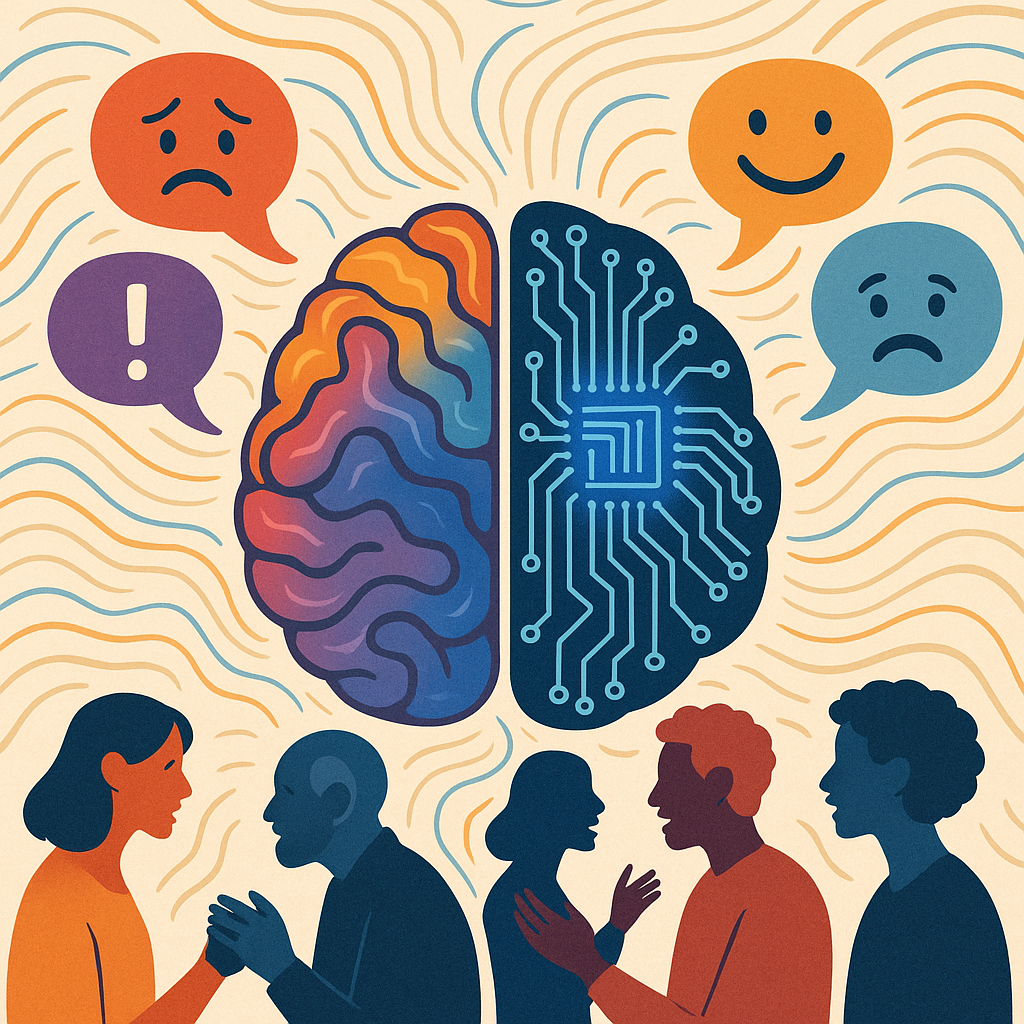Maarten Sap
I am an assistant professor at CMU's LTI department with a courtesy appointment in HCII, and a part-time research scientist and AI safety lead at the Allen Institute for AI (AI2). My research focuses on (1) measuring and improving AI systems' social and interactional intelligence, (2) assessing and combatting social inequality, safety risks, and socio-cultural biases in human- or AI-generated language, and (3) building narrative language technologies for prosocial outcomes. I was named a 2025 Packard Fellow and a recipient of the 2025 Okawa Research Award.
I received my PhD from the University of Washington where I was advised by
Noah Smith and
Yejin Choi.
[bio for talks]
Recent updates:
December 2025 🏅📃: Very excited to have our paper Artificial Hivemind: The Open-Ended Homogeneity of Language Models (and Beyond) selected for a Best Paper Award at NeurIPS 2025 (Datasets and Benchmarks Track)!! Huge congrats to the first author Liwei Jiang!!!
November 2025 💎🚀: Honored to be a Spring 2025 recipient of the Amazon Research Award for our project on measuring AI agentic safety!
October 2025 🏅⭐: I’m super excited and grateful to announce that I'm part of the 2025 class of Packard Fellows. The Packard Foundation and this fellowship will allow me to explore exciting research directions towards culturally responsible and safe AI 🌍🌈
October 2025 🔍🧑🎓: Due to my lab being quite full already, I'm not taking looking for any new students in this upcoming PhD application cycle 😟.
October 2025 🇨🇦🎉: Excited to be attending COLM 2025 in Montreal this October! I'll be giving a talk at the Social Sim Workshop on Unlocking Social Intelligence in AI agents. I'm also thrilled that five papers I co-authored will be presented by my amazing collaborators at COLM: HAICOSYSTEM: An Ecosystem for Sandboxing Safety Risks in Human-AI Interactions (led by Xuhui Zhou et al.), ALFA: Aligning LLMs to Ask Good Questions: A Case Study in Clinical Reasoning (co-led by Jimin Mun et al.), PolyGuard: A Multilingual Safety Moderation Tool for 17 Languages, Fluid Language Model Benchmarking, and The Delta Learning Hypothesis: Preference Tuning on Weak Data can Yield Strong Gains.
August 2025 🌟: Incredibly honored to be one of 7 US recipients of the 2025 Okawa Research Grant from the Okawa Foundation!
August 2025 🧑🎓: Welcoming my first postdoc, Vasudha Varadarajan, to the lab!
My research group:

Dan Chechelnitsky
CMU Portugal LTI PhD student
co-advised with Chrysoula Zerva

Joel Mire
LTI PhD student

Karina Halevy
LTI PhD student
co-advised with Mona Diab

Jimin Mun
LTI PhD student

Jocelyn Shen
MIT PhD student
co-advised with Cynthia Breazeal

Kynnedy Smith
HCII PhD student
co-advised with Motahhare Eslami

Vasudha Varadarajan
LTI Postdoc

Akhila Yerukola
LTI PhD student

Mingqian Zheng
LTI PhD student
co-advised with Carolyn Rosé

Xuhui Zhou
LTI PhD student
Overarching Research Themes
Themes extracted and images generated with the OpenAI API; there may be inconsistencies.Ethics and Responsible AI Exploration

Narrative Reasoning and Emotional Engagement

Social Intelligence and AI Interactions

Combating Bias and Toxicity in AI


